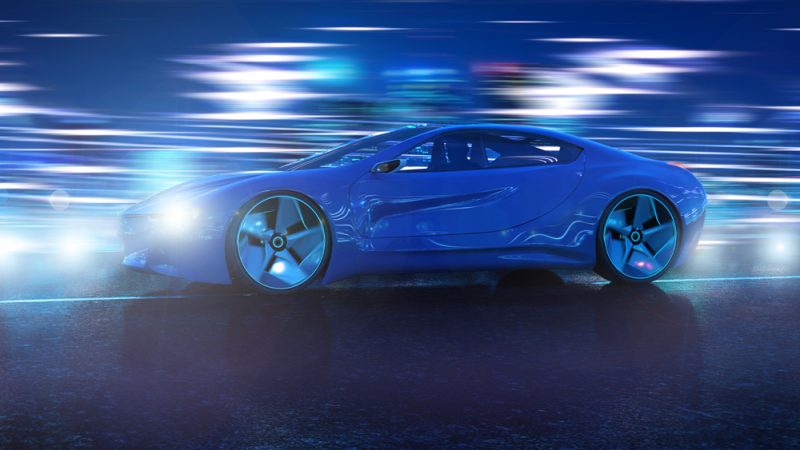The planned innovations in the Euro 7 standard from 2025 is a challenge for all global manufacturers. In the first half of 2021, most manufacturers have already set their exit scenarios from the internal combustion engine with a specific date following the announcements made in recent years. As a discontinued model, the combustion engine will only be of interest to car markets without clear specifications for the manufacturer. A look at the exit scenarios of the traditional manufacturers shows clear differences.
A representative survey commissioned by Bosch and carried out in June 2020 by the market research institute INNOFACT provides interesting details about the current and future car market in Europe. More than 2500 respondents from Germany, France, Italy and Great Britain took part in the survey. When buying a new first car, more than half are currently in favor of a purely combustion engine, and when it comes to a second car it is still a third of all respondents. The prospects for the powertrain in the car for the future are more interesting.
When asked about the type of drive for the year 2030, 68% of all respondents see electric drives first, ahead of hybrids and combustion engines. The state-granted subsidies for electric and plug-in hybrid vehicles are particularly interesting at the moment. 70% of all respondents are currently also in favor of purchase premiums for cars with internal combustion engines. There are different views in the individual countries. In Italy 83% are in favor of this purchase incentive, in Germany, however, only 62%.
Some details on the amount of the expected subsidy for the combustion engine are also interesting. Around a third of the respondents would like to have a subsidy of at least 9.000 euros for this, which is exactly the maximum amount of funding for electric cars in Germany. According to the survey, 72% of the city dwellers surveyed consider the exit from the internal combustion engine to be worthy of funding.
Audi is separating from diesel and gasoline engines
At Audi, after successfully entering the market with the e-tron models, the focus is on a quick exit from gasoline and diesel engines. Badly shaken by the emissions scandal, Audi has had to struggle very tenaciously about change in recent years. Audi CEO Markus Duesmann has been pushing for the exit more and more quickly in recent months. The specific objectives are that the last debut for a combustion engine takes place. The manufacturer is gradually phasing out combustion engine production by 2033. By 2050 at the latest, Audi should be carbon-neutral on the balance sheet.
Mercedes accelerates electric offensive
Following the announcements by Volkswagen, Mercedes also wants to focus on the transformation process towards an electric car manufacturer in the coming years. According to the company, at least one battery-electric vehicle (BEV) will be offered in all segments as early as 2022. All new vehicle architectures will be electric as early as 2025, and an electric variant will then be in the portfolio for all models. At the moment the preparations for EQ models are the focus of the presentations. More specific figures will probably be given at the IAA 2021.
- ID.3 Pro Facelift in the test - April 24, 2024
- Light vehicles - mega trend for 2024 - April 23, 2024
- Mitsubishi ASX tested as a plug-in hybrid - April 23, 2024
